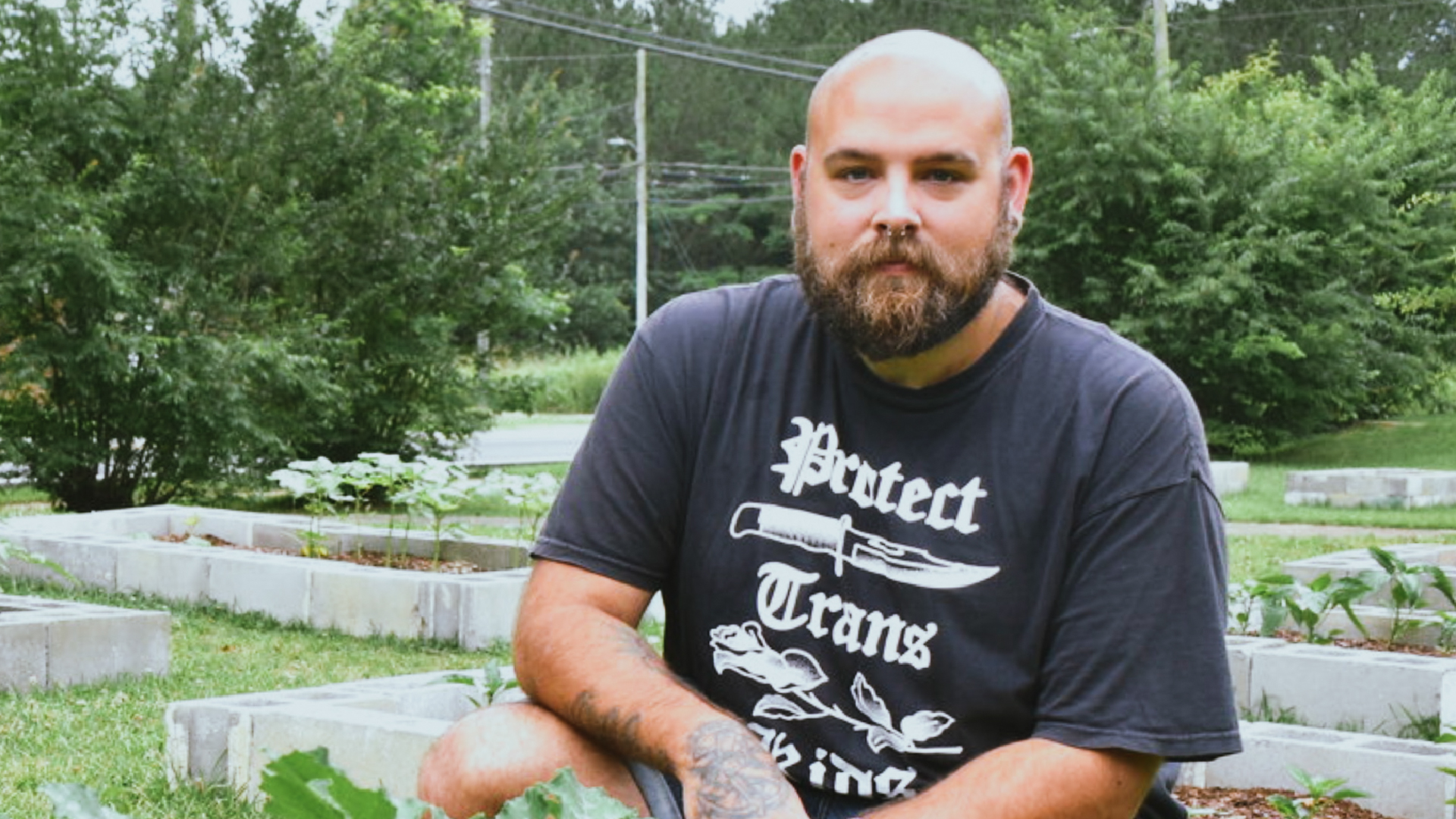The MA in Eco-Justice degree program will provide you with focused academic training in theological and ethical disciplines with a focus on environmental ethics, ecological justice, and eco-theology. Graduates of this program can pursue doctorates in theological ethics with a focus on environmental and ecological issues.
This program may be a good fit if you are interested in pursuing a career as:
- A scholar or professor in a seminary, divinity school, or college
- An ethics teacher in a private school, church, or religious community
- A “public theologian” whose primary audience is society or the wider culture
With additional coursework or training (for example, a dual degree MAL-MA or MDiv-MA), graduates of this program can become leaders of environmental programs, progressive ecological justice think tanks, and other ministries and organizations that involve both environmental social justice and a broader ecological justice for all living things. This program can also be a second degree for MDiv students and graduates who desire to make eco-justice a central component of their church ministry. See the Reduced-Credit Dual Degree page for information on pursuing a reduced-credit MA as a second degree at United.
Concentration Learning Outcomes
In addition to achieving the core MA degree learning outcomes, a graduate of the MA in Eco-Justice program will be able to:
- accurately and clearly articulate core scientific, economic, and social understandings of ecology;
- appropriately and respectfully apply knowledge of multiple religious, spiritual and ethical frameworks to situations of ecological justice;
- effectively articulate a stance on a chosen ecological justice issue that demonstrates a clear understanding of the issue and draws from appropriate scientific and economic perspectives, and religious and/or ethical frameworks;
- articulate a theological or religious perspective that describes the theological and spiritual basis of ecological justice, engages current scholarship in eco-theology and eco-spirituality, demonstrates an informed understanding of the science of ecology, and addresses climate change and other crises of the Anthropocene; and
- articulate and analyze effective strategies to address a specific eco-justice issue that demonstrates an informed understanding of appropriate theory and practices.
United’s MA at a Glance
- 36 credits
- Eleven 3-credit courses plus a 3-credit thesis, or ten 3-credit courses plus a 6-credit thesis
- Can be completed within two years if you take a full-time course load of 9 credits per trimester and complete your thesis in one trimester
- All MA concentrations can be completed entirely via distance learning; many courses can be taken completely asynchronously
Eco-Justice in Action
|
|
Ryan Cagle (’25) Ryan asserts he cannot “quantify the number of ways that what I’m learning [at United] is actively helping me refine the actual on-the-ground work that I’m doing.” His academic work, Ryan says, is enhancing how he relates, leads, and ministers to others, how they approach decision-making, and how they effectuate eco-justice for those in their community. |
Program Course Guide Sheet for Academic Year 2025–2026
| PRIMARY OUTCOME |
NUMBER OF COURSES | COURSES |
| Theology | 2 |
Invitation to Theology: Truth, Goodness, and Beauty
Choose one:
History of Christian Theologies
History of Modern Theologies
Theology for Social Transformation
|
| Textual Hermeneutics | 2 |
Introduction to Religious Texts
One 2000-level Religious Texts course |
| Ethics and Justice | 2 |
Choose one:
Christian Ethics
Comparative Religious Ethics
Choose one:
Queer and Trans Theologies
Black and Womanist Theologies
|
| Concentration | 5 |
Eco-Theologies and Eco-Spiritualities
Eco-Justice and Ethics Applied Issues in Eco-Justice Two elective courses |
| Research and Communication | 1 |
MA Thesis
|
| DEGREE TOTAL |
12 |
Learn More
Want to learn more about our MA in Eco-Justice or dual degree option? Fill out the form below and someone from our Admissions team will be in touch soon.
